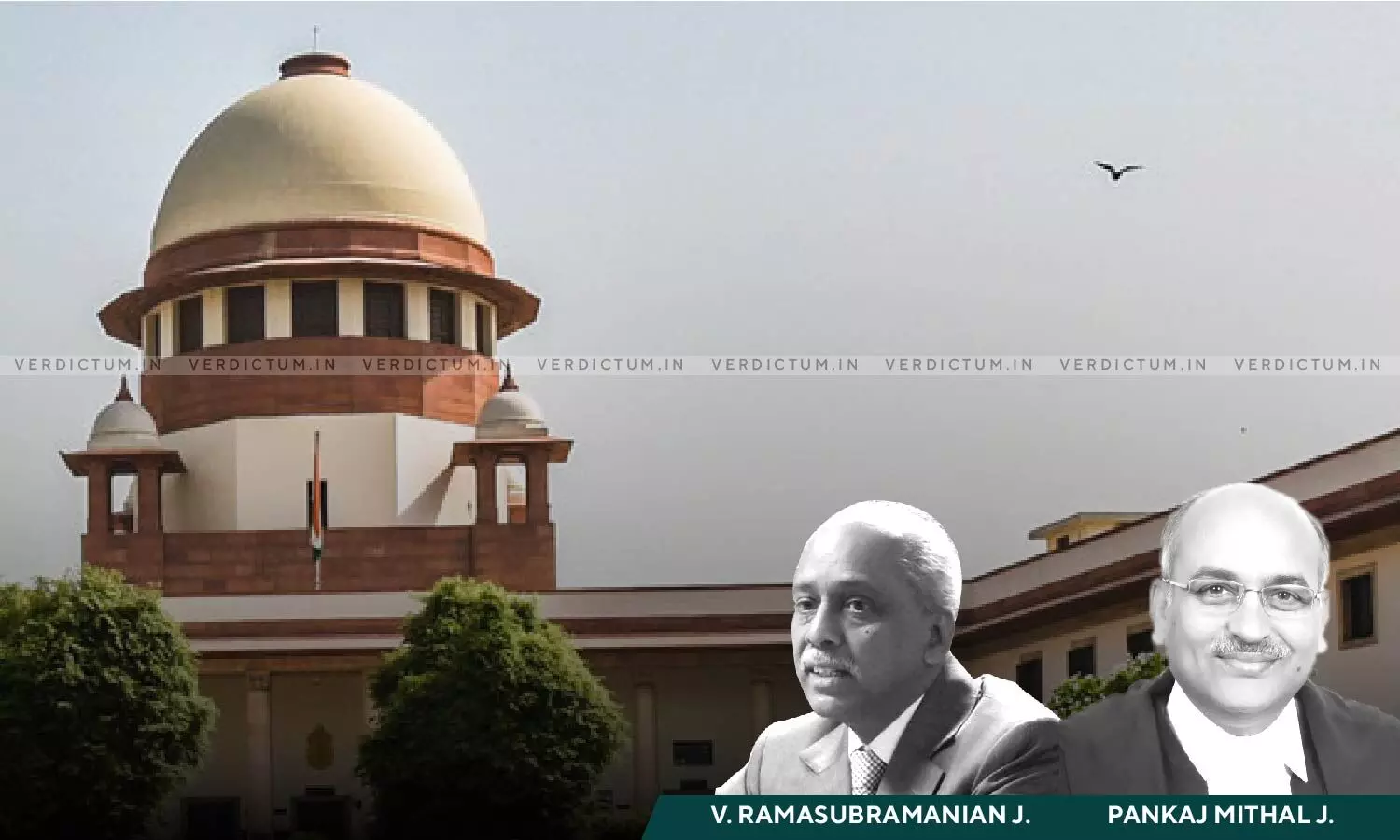
If Power Of Attorney Contains Specific Clause Permitting Sub-Delegation Then Holder Can Sub-Delegate His Powers- SC Reaffirms
 |
|The Supreme Court has held that a general power of attorney holder can sub-delegate his powers to another person if there is a specific clause whereby sub-delegation is authorized.
The Bench of Justice V. Ramasubramanian and Justice Pankaj Mithal observed that “The law is settled that though the general power of attorney holder cannot delegate his powers to another person but the same can be delegated when there is a specific clause permitting sub-delegation.”
Advocate Indra Sawhney appeared for the appellant and Advocate Nitin S. Tambwekar appeared for the respondent.
In this case, general power of attorney was executed on behalf of the company in favour of one of its directors named Kavindersingh Anand, who further authorised another person named Ripanjit Singh Kohli to file a complaint under Section 138 of the Negotiable Instruments Act, 1881 on behalf of the company. The Madhya Pradesh High Court quashed the complaint under Section 482 of the Criminal Procedure Code as the same was not maintainable on the ground that the complaint was not filed by the person authorised, as he had no power to sub-delegate.
The Apex Court said that in light of the principles of power of attorney laid down in the case of A.C. Narayanan v. State of Maharashtra and Another. (2014) 11 SCC 790 it would examine whether the complaint filed by the company through its authorised representative was maintainable or not?
The Apex Court noted that the general power of attorney executed explicitly authorised Anand to appoint “counsel” or “special attorneys” for conducting all cases or otherwise to do all other acts and things for due prosecution or defence of legal or quasi legal proceedings.
“The said power of attorney as discussed above do provide for the sub-delegation of the functions of the general power of attorney holder and thus the filing of the complaint on behalf of the appellant company through its authorised representative Ripanjit Singh Kohli is not at all illegal or bad in law” held the Court.
The second issue dealt with was - Whether Anand was competent to depose on behalf of the appellant company?
The Court noted that he was one of the directors of the company who had been specifically authorised to lodge the complaint and to pursue it. Moreover, he had filed an affidavit on record wherein he stated that he had direct knowledge of the transaction.
“In view of the above, as the power of attorney holder is said to be having due knowledge about the transactions, he has the capacity to depose and the trial court or the Revisional Court committed no error of law in rejecting the applications of the respondent.” observed the Court.
Accordingly, the appeal was allowed.
Cause Title- Mita India Pvt. Ltd. v. Mahendra Jain
Click here to read/download the Judgment